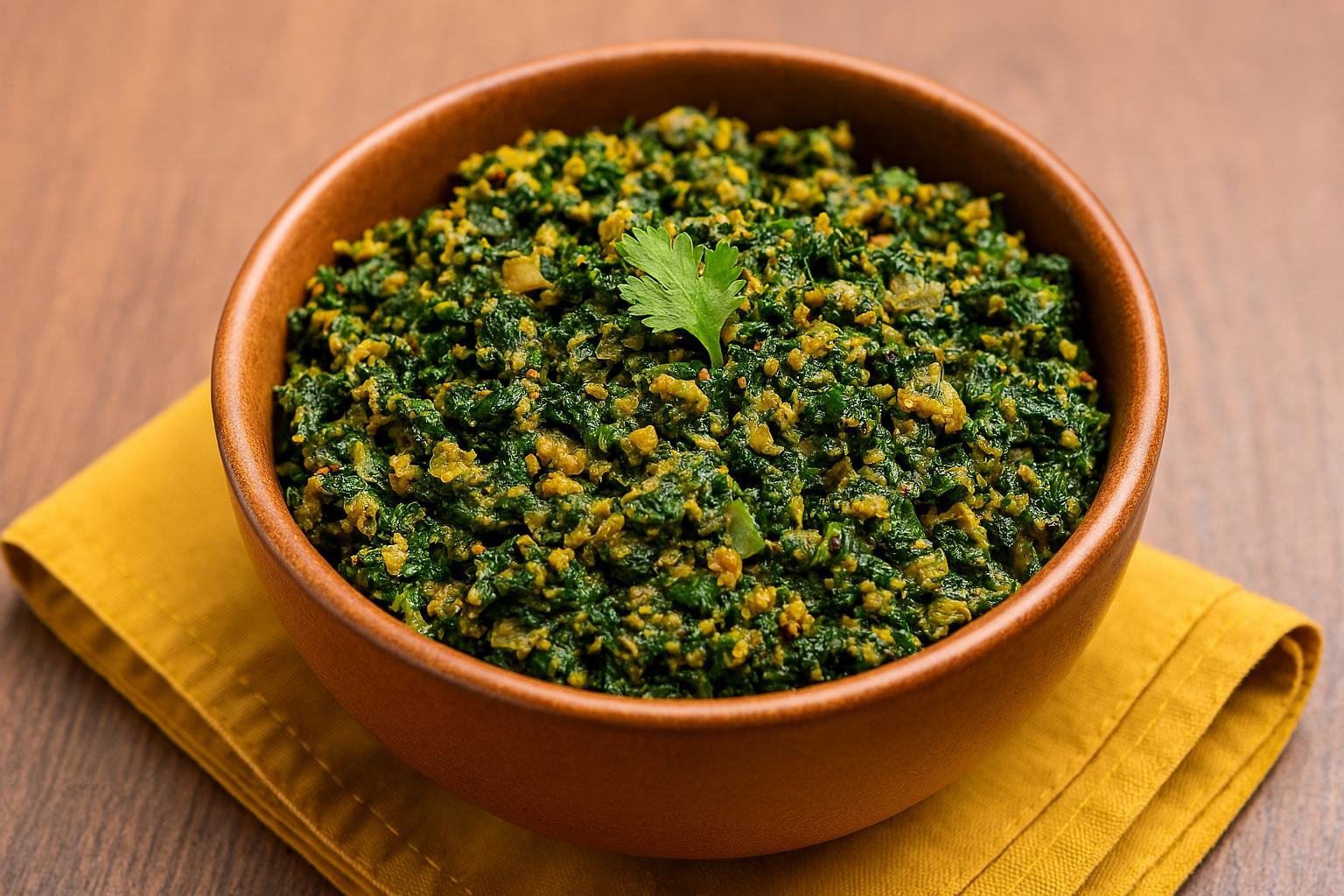According to a recent study, published in the European Heart Journal, an increase in the fat mass and body mass index (BMI) is directly linked to increased risk of blood vessel diseases. The study suggests that the two factors may also lead to a range of heart diseases including aortic valve stenosis. It is a condition in which the valve controlling the flow of blood (from the heart to aorta) narrows and fails to open fully.
A team of researchers, led by Susanna Larsson, associate professor and senior researcher at the Karolinska Institute, Stockholm, Sweden, studied 96 genetic variants associated with BMI and body fat mass to estimate their effect on 14 cardiovascular diseases in 367,703 participants of white-British descent in UK Biobank - a UK-based national and international resource containing data on 500,000 people, aged 40-69 years.
In the findings of the study, the researchers also found that the risk of cardiovascular diseases increased with the genetic variants predicting increases in fat mass. The greatest increased risk was also for aortic valve stenosis (46% increased risk), followed by ischaemic stroke, transient ischaemic attack, atrial fibrillation, heart failure, peripheral artery disease, deep vein thrombosis, high blood pressure, and coronary artery disease.
"The causal association between BMI and fat mass and many heart and blood vessel diseases, in particular, aortic valve stenosis, was unknown. Using Mendelian randomisation we found that higher BMI and fat mass are associated with an increased risk of aortic valve stenosis and most other cardiovascular diseases, suggesting that excess body fat is a cause of cardiovascular disease," said Larsson.
A healthy diet and physical workout is essential to keep fit. If you are looking to shed some unhealthy weight, here is a list of few foods that may help you achieve your weight loss goals.
- Oats
- Green Leafy Vegetables
- Grilled Chicken
- Cottage Cheese
- Eggs
- Tofu
- Peas
- Flaxseeds
- Chia Seeds







